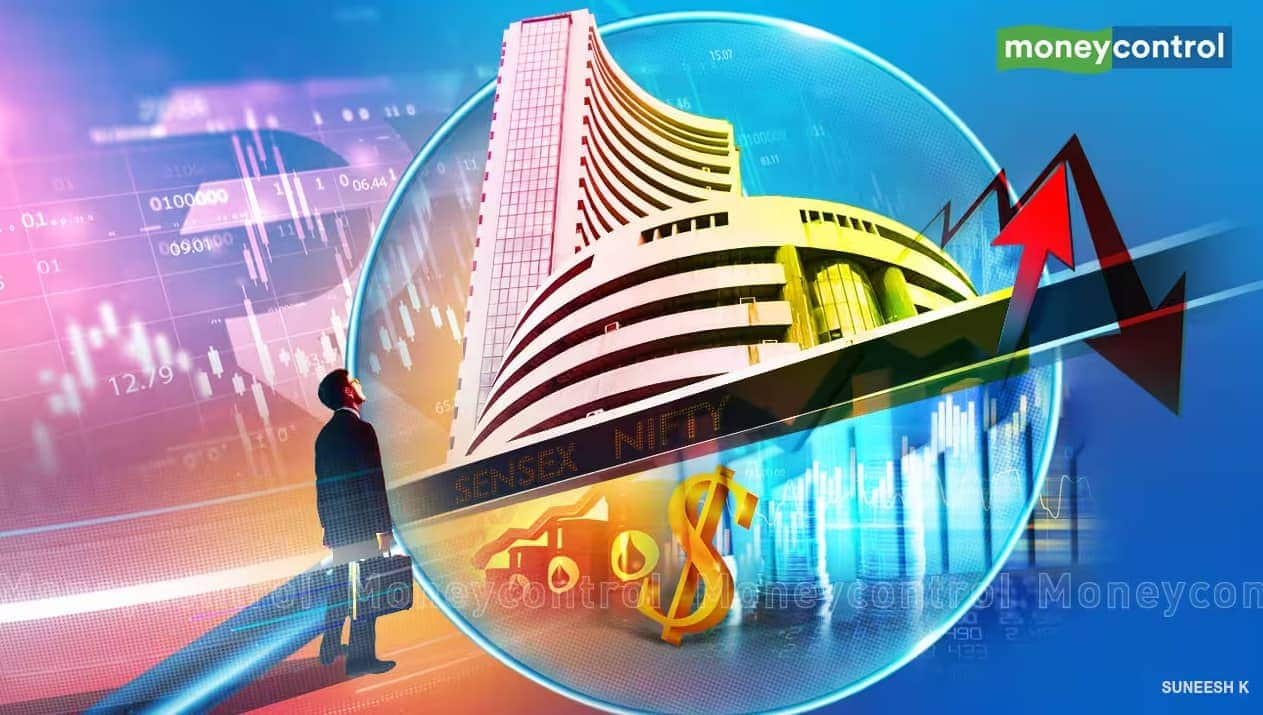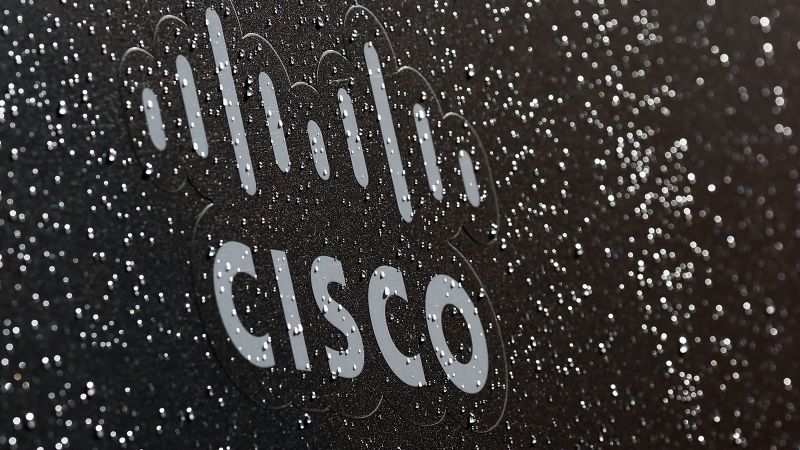Trump's Shocking Visa Overhaul Sends Indian Stocks Plummeting - What's Next?

Imagine waking up to find your investments taking a nosedive overnight! That's exactly what Indian stock investors are reeling from after Donald Trump's recent moves shook the market to its core. The MSCI India gauge, which had shown promise, is now trailing behind Asian equities by a staggering 19 percentage points.
This year has been anything but smooth sailing for Indian stock bulls. After a strong performance from 2021 to 2024, the MSCI India Index has fallen consistently since Trump signed an order aimed at overhauling the H-1B visa program. This program is crucial for India’s booming $280 billion software services sector, a lifeline that now hangs in the balance. To add fuel to the fire, Trump’s plan to impose a 100% duty on branded pharmaceuticals sent Indian drugmakers into a tailspin, triggering a wave of selloffs across Asia.
Before these shocks hit, the MSCI India gauge had actually been on the rise, adding more than 4% over three weeks—the longest winning streak since May. Investors had begun to feel optimistic as Prime Minister Narendra Modi's recent tax cuts and the anticipation of renewed trade talks with the U.S. built a case for a year-end rally. However, with Trump's latest offensive, those hopes are swiftly fading.
“Escalating U.S.–India tensions add another layer of pressure,” noted Jian Shi Cortesi, a fund manager at GAM Investment Management in Zurich. Foreign investors, who had begun to dip their toes back into Indian markets after enduring a punishing 50% tariff from the U.S., are now pulling back. The recent selloff has seen foreign funds offloading around $16 billion worth of Indian stocks this year alone, marking one of the biggest outflows since 2022.
Even the tech sector, which enjoys a significant weighting in the MSCI India Index, is feeling the pinch, losing 7.9% over five sessions—the steepest drop since April. Economists are raising alarms that these visa changes could hinder remittance flows and weaken the already beleaguered Indian rupee, which recently slid to a record low.
Despite these challenges, some analysts remain hopeful. Strategists at HSBC recently upgraded their stance on Indian stocks, calling it Asia's 'quiet corner' compared to the crowded trades in Korea and Taiwan. They believe that while earnings growth might soften, market valuations are more favorable and government policies are turning increasingly beneficial for equities.
As the market braces for what lies ahead, hedge funds are monitoring geopolitical tensions closely, with some experts suggesting a shift toward Chinese or Latin American markets if U.S.-India relations continue to sour. So, what does the future hold for Indian stocks? Only time will tell, but one thing is clear: investors are on high alert.






















